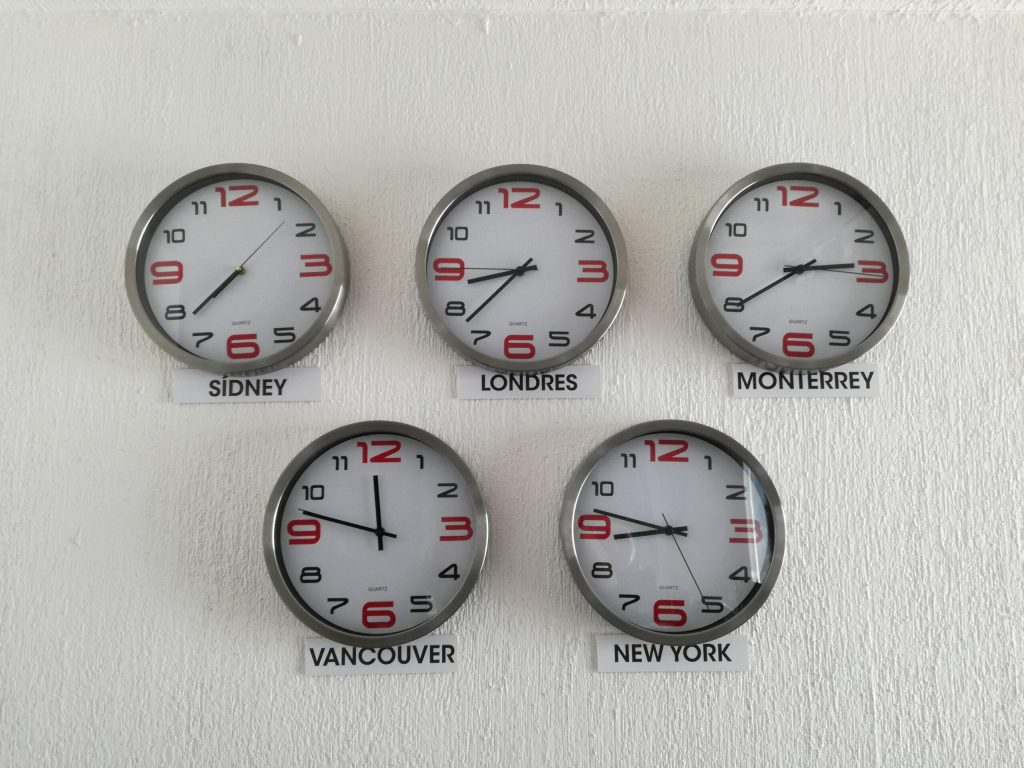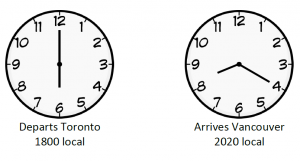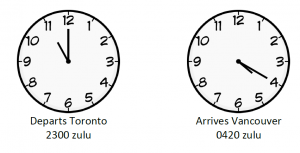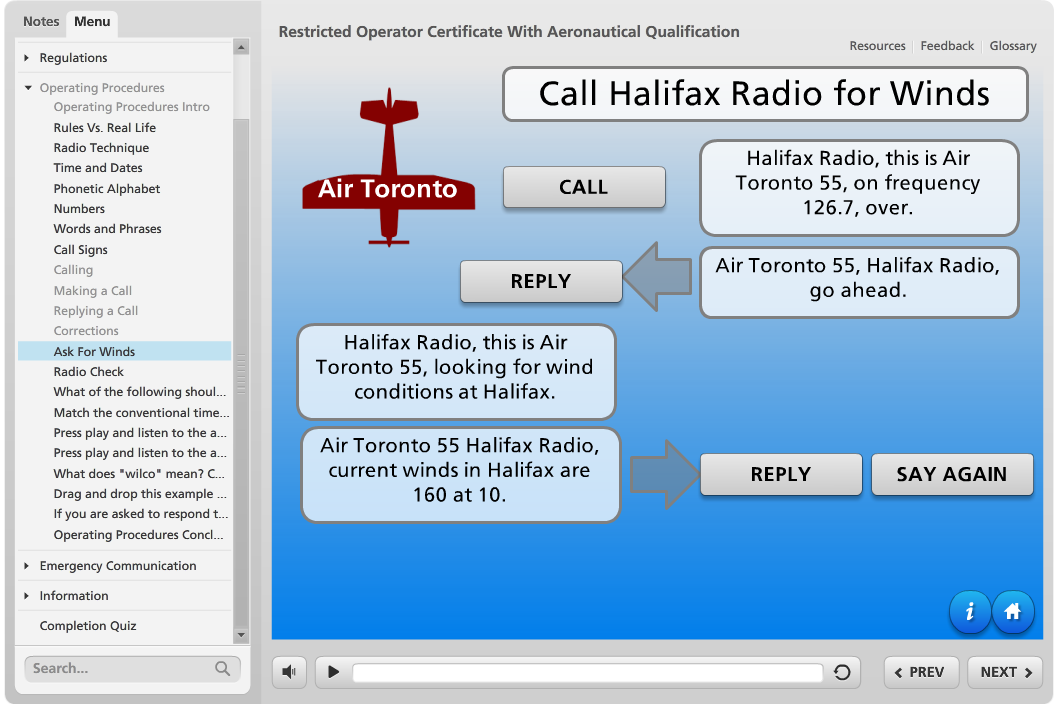What is “zulu” time?

Keeping time in aviation is very important. When will a flight depart, when will it land, when will the fuel be delivered, how long are connections, when do the crew need to leave their hotels, when can bags no longer be accepted, etc.
When the complexity of timezones and daylight savings is added into the mix things can get complicated. Some timezones, like Newfoundland, are half an hour different, creating an additional layer of complexity. There are even places in the world that are in timezones off by 15 or 45 minutes.
To avoid confusion, aviation uses Coordinated Universal Time (UTC). UTC is based on the 0 degrees of latitude and is somethings called Greenwich Mean Time (GMT) as it passes through Greenwich, England. UTC never changes, but if your area observes daylight savings your local time in reference to UTC may differ depending on the time of year.

For example, Halifax, Nova Scotia is in the Atlantic time zone and is 3 hours behind UTC in the summer during daylight savings, and 4 hours behind during the winter. It is worth noting that because England observes daylight savings, they too are one hour ahead of UTC during the summer, even though they are technically located on 0 degrees of latitude. Since both England and most of Canada observe daylight savings the time difference between Halifax and London does not change, but the time difference between UTC does change during daylight savings. Because England observes daylight savings we avoid using the term GMT to prevent confusion.
So what is zulu time? It derives from military terms where each time zone has a letter. Zulu is the phonetic pronunciation of “z”. Zulu represents UTC. You should also note that aviation uses the 24-hour clock. After 12 noon the hours continue to count up, 13, 14, 15, and so on. Midnight, 0000, is the start of a new day.
Let’s look at an example. Let’s say you are flying from Toronto to Vancouver. Using local time and zulu time below, how long is the flight? Which one is easier to calculate?


The answer is 5 hours and 20 minutes. Using zulu time is much easier, simply calculating the time difference between the departure time and arrival time.
Photo by Luis Cortes on Unsplash





